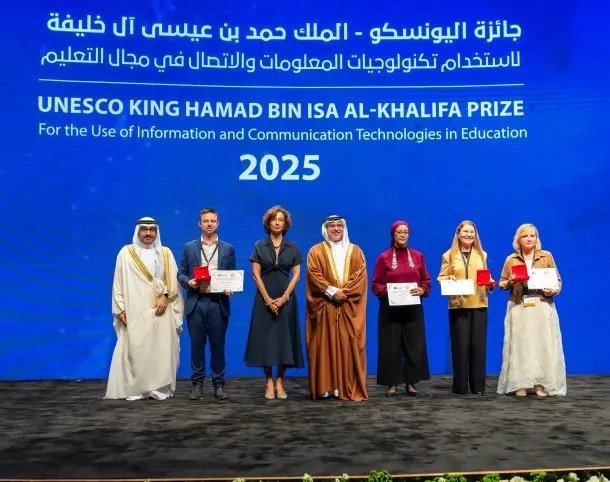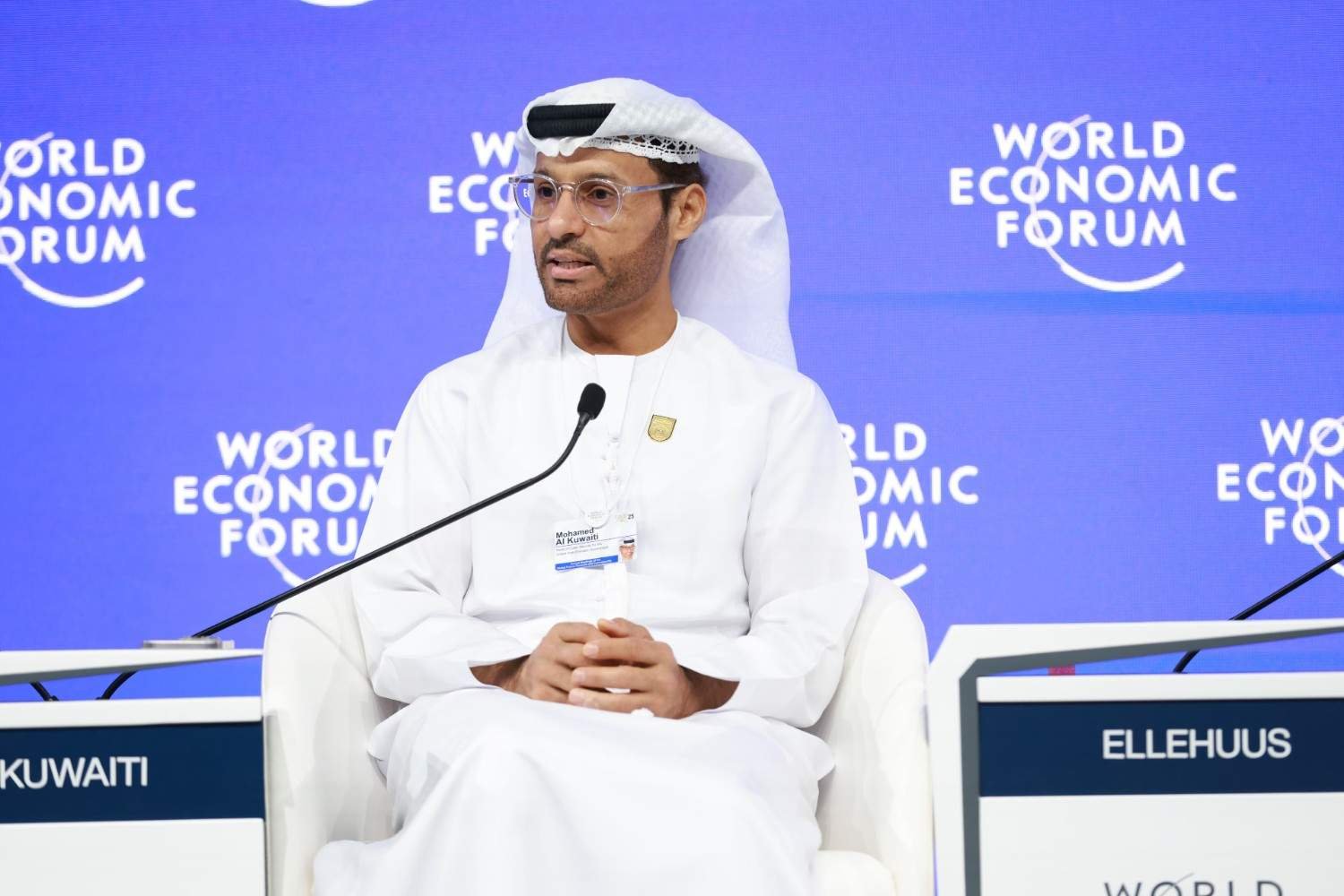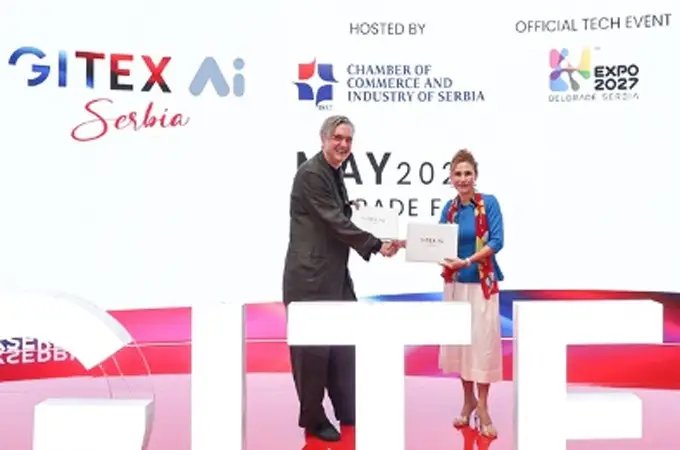Manama, Bahrain — UNESCO, in collaboration with the Kingdom of Bahrain, has recognized four innovative initiatives from Belgium, Brazil, Egypt, and the United Kingdom for their pioneering efforts in promoting the responsible and ethical use of artificial intelligence (AI) in education. The winners were awarded the UNESCO King Hamad Bin Isa Al-Khalifa Prize for the Use of ICTs in Education, during a ceremony marking the Prize’s 20th anniversary at the University of Bahrain.
The event was attended by Audrey Azoulay, Director-General of UNESCO, alongside Bahrain’s Prime Minister and GCC Ministers of Education. Azoulay commended the laureates for “placing technology at the service of education, not the other way around,” emphasizing UNESCO’s mission to ensure that AI serves the common good and aligns with ethical principles.
Since 2005, the Prize—supported by the Kingdom of Bahrain—has recognized 34 projects from 21 countries, each receiving US$25,000, for creative and responsible technology use in learning. This year’s theme, “Preparing learners and teachers for the ethical and responsible use of artificial intelligence,” highlights UNESCO’s commitment to fostering inclusive, transparent, and values-driven AI education worldwide.
🌍 The Four Awarded Initiatives
- AI4InclusiveEducation (Belgium)
Implemented by La Scientothèque under the Erasmus+ SteamCity initiative, this program integrates AI literacy with civic education for disadvantaged youth aged 10–18. Covering themes like data privacy, bias, and misinformation, it has reached 6,000 learners and 300 teachers through open-access learning modules. - Piauí Inteligência Artificial (Brazil)
Developed by the Federal University of Rio Grande do Sul and the Piauí State Department of Education, this initiative makes AI a compulsory subject in public schools from Year 9 onwards. It combines ethical AI lessons with hands-on learning for 90,000 students and has trained 680 teachers across 540 schools. - Mahara-Tech (Egypt)
Created by Egypt’s Information Technology Institute, Mahara-Tech is a national Arabic-language platform offering free AI training and digital skills programs to over 600,000 users, promoting inclusion in disadvantaged and rural communities. The platform has facilitated nearly 2 million learning journeys, emphasizing fairness, transparency, and privacy. - Experience AI (United Kingdom)
Implemented by the Raspberry Pi Foundation, this initiative reaches 1.2 million students in 24 countries, helping young learners understand AI’s role in their lives. It offers open-source tools and teacher training resources, equipping over 7,700 educators to foster ethical and critical thinking in AI learning.
UNESCO’s Ongoing AI Mission
UNESCO has been a global leader in defining AI ethics and governance, adopting the first international normative framework on AI in 2021. It has since released Guidance for Generative AI in Education (2023) and AI competency frameworks for students and teachers (2024), setting clear standards such as the minimum age of 13 for using generative AI tools.
Through partnerships and training programs across 100+ countries, UNESCO continues to help nations build AI literacy, ethical awareness, and inclusive education systems that harness AI responsibly for societal progress.















